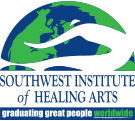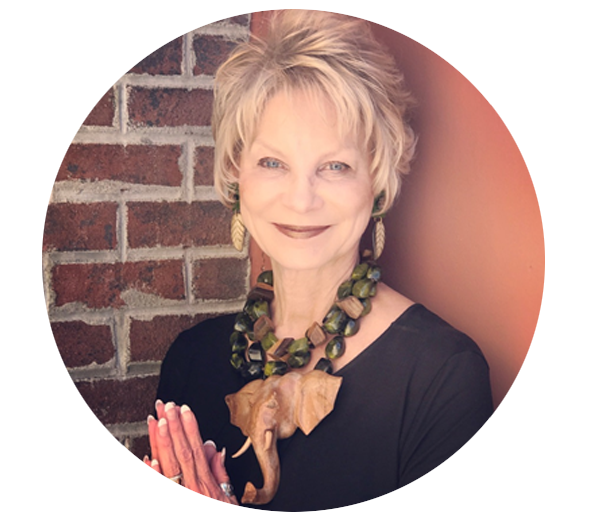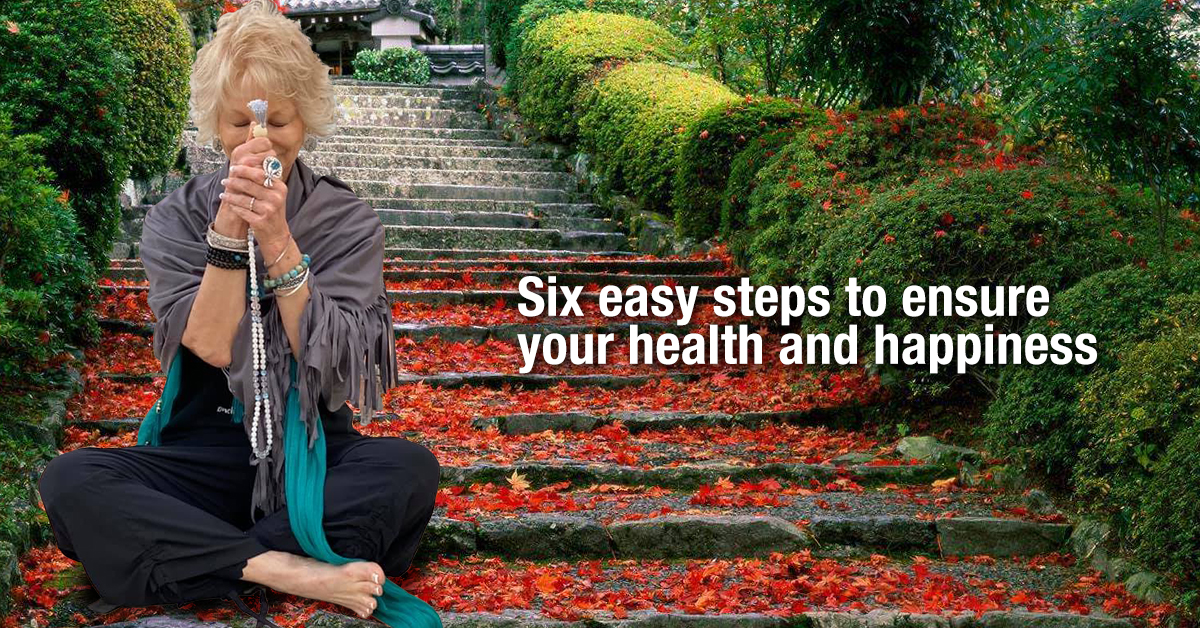
“If you give thanks every day, every day is then Thanksgiving!”
Many scientific studies have been done documenting the benefits of gratitude and the practice of giving thanks including a study conducted by the Association of Psychological Science. Their findings showed those who had deeper, vulnerable conversations and made the effort to socialize more frequently with others were significantly and statistically happier and healthier.
Let’s look at six easy steps to ensure your health and happiness using the acronym THANKS.
TAKE TIME to touch others with acts of thanks. In practical terms, consider taking time to text family and friends simply thanking them for being in your life or passing through your life. Possible text messages could include:
- Hey, just wanted to say thank you for being in my life!
- (Their name), have I told you lately how much I appreciate you? I do ❤️
- Was making a “Gratitude List” and you are at the top of my list! Thought you should know.
HONOR the traditions of others or the fact some individuals don’t have a tradition or family to celebrate Thanksgiving with. One of the most delightful and heart-filling opportunities possible is to invite an “orphan” to join you on Thanksgiving Day. “Extended family” is an ideal description for gatherings of people who come together for the purpose of companionship and community, not necessarily related by blood. A Ram Das quote sets the stage: “Treat everyone as God in disguise.” Invite those disguised as loners or strangers to a day of thanksgiving.
ASK others what they are thankful for. A social experiment was done years ago measuring the emotional difference between asking people how they were versus asking them what they are grateful for.
- How are you?
- What are you grateful for today?
Regarding the first question, many people didn’t consider the question to be much more than a rote greeting, often without a response or even a lift of their eyes. Asking specifically what they were grateful for caused those in the study to pause thoughtfully, which activated emotional and often physiological responses
ASK people their reason for the season.
- What’s on your gratitude list today?
- Who are you most thankful for?
- Where in your body does gratitude reside?
NOTICE where your own gratitude resides in your body or chakra system. While you automatically assume gratitude lives in the heart region, you might be surprised when you do a body scan with the insight you’ll receive. Consider these self-inquires while taking note:
Drawing on the work of Taylor Blanchard, a life and wellness researcher, notice what is stored where that might be blocking your ability to freely give thanks.
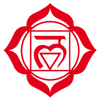
The root chakra, located at the base of the spine, can be blocked by fear. Inquire for yourself:
- What am I fortunate to have? This can be anything, big or small – even the blue sky or the air in your lungs.
- What is a hard lesson in life I feel grateful for now?
- If I weren’t in fear of judgment, who would I reach out to, and what would I choose to say?

Located a few inches below the navel, the sacral chakra is the seat of your creativity, prosperity, and body autonomy. It can become blocked by guilt, and yet healed through self-forgiveness.
- What am I still beating myself up for? How can I see this situation in the most loving, grateful way?
- Do I find myself feeling highly critical of other people, rather than looking for things to praise? How may I be criticizing myself in the same way I criticize others? How might I begin practicing self-compassion instead of self-criticism?
- Who do I most need to forgive to fully be able to give thanks for life lessons?
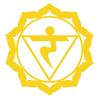
The third chakra, or solar plexus chakra, is the seat of your personal power. Located at the solar plexus, it can be blocked by shame.
- What would I do if I totally believed in myself?
- What could I choose to be in gratitude about, rather than self-judgment?
- Can I give myself permission to assert my boundaries without being rigid and righteous?

Located at the heart, the fourth chakra (aka heart chakra) is the seat of compassion, empathy, and love. It can be blocked by grief.
- Is there something in my heart that feels heavy right now? What am I grieving over?
- What’s pulling me out of gratitude and onto negativity?
- Do I feel disappointed by anything in my life right now? Rather than pushing away this disappointment, can I allow myself space to feel it and find gratitude in it?
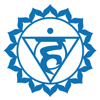
From the throat chakra originates truth and communication. The throat chakra can be blocked by lies – not just lies you tell others, also lies you tell yourself.
- What are some things I think or feel, yet have never expressed to anyone?
- Am I honest with myself about how I feel? When I feel sad, stressed, afraid, angry, or tired, do I admit to myself that I feel that way, or do I tell myself to “get over it”?
- Can I rejoice and freely give thanks?

The eye of inner knowing is located in the center of the eyebrows. This chakra is where your intuition lives and can be blocked by illusion and confusion.
- When I listen to the quiet, kind, calm voice underneath all my fear and worry, what does it say? What do I really know, “deep down” and need to express or confess?
- How often do I do what I’m told I “should” do, even when it doesn’t feel right to me?
- Could I embrace and be grateful for whatever comes my way?
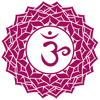
The final chakra is located at the crown of the head (aka crown chakra), and is often symbolized as a thousand-petal lotus — one for each statement of gratitude uttered in your lifetime.
- Do I trust the divine to work through me in order to reach my highest potential? Am I willing to be equally grateful for the ups and downs of my life?
- Do I feel comfortable sitting in silence and listening to my own thoughts?
- Am I ready to transform any negative thoughts into thanks and gratitude?
KIN vs. KINSMAN. The definition for KIN is a group of persons with common ancestry, whereas KINSMAN refers to those not connected by blood, rather by choice. In today’s language, this term might likely be used to describe our important extended relationships as “kindred souls” -- those like-minded people who become as close, or closer, than family who we may freely choose to spend the holidays with. Dr. Miriam Kirmayer, a clinical psychologist and leading Friendship expert, has spent the last decade researching the science of friendship. Her meta-analysis of friendship research found a 50% increased likelihood of feeling happier and healthier overall, and a huge contributing factor in suicide prevention due to friendships. She says, “We must stop seeing our friendships as a luxury or less important than family. Friendships don’t just happen – you must be committed to showing up!” She goes on to emphasize, “It’s not the number of friends you have, rather the quality you cultivate in the friendship. Our friendships should fuel and fulfill us; they should motivate us to be the truest version of ourselves.” Recently on her Instagram, she posted: “Spending time with friends may be more satisfying than time with family!” While we don’t want to discount time with kin, it may be that a happier, healthier choice this Thanksgiving is spending time with your kinsman.
SAY it, even if it sounds cheesy. Be willing to be vulnerable.
Atlas of the Heart by Brené Brown is her newest best-selling book that takes us on a journey through eighty-seven of the emotions and experiences that define what it means to be human. Gratitude and being thankful are some of our most powerful emotions according to her research.
Brené confesses, “I now realize I don’t have to chase extraordinary moments to find happiness – it’s right in front of me if I’m paying attention and practicing gratitude.”
In her bottom-line way, Brené assures us,
“Trust is earned in the smallest of moments. It is earned not through heroic deeds, or even highly visible actions, rather through paying attention, listening, and gestures of genuine care and connection.”
This Thanksgiving season may we all have the courage to show up, openly and consciously giving thanks to others knowing vulnerability is not weakness; it’s our greatest measure of courage.
